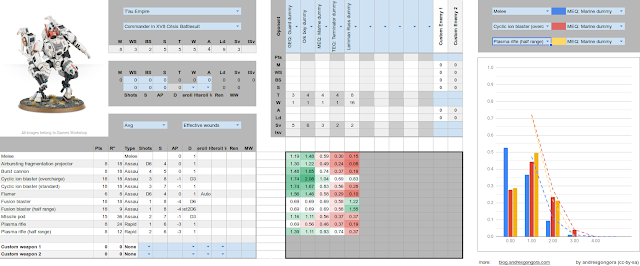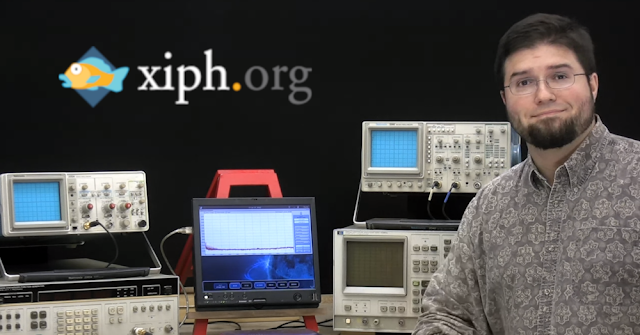There are many damage calculators out there for WH40K, however, they all oversimplify things to get a quick but innacurate damage estimate. This estimator relies on probability mass functions to propagate the exact damage from the moment you roll the number of shots all the way to invulnerable saves. Guessing which weapon is the best or what unit you should attack with it is a thing of the past.
Follow this link to the damage calculator, or continue reading down below for instructions and further information.






